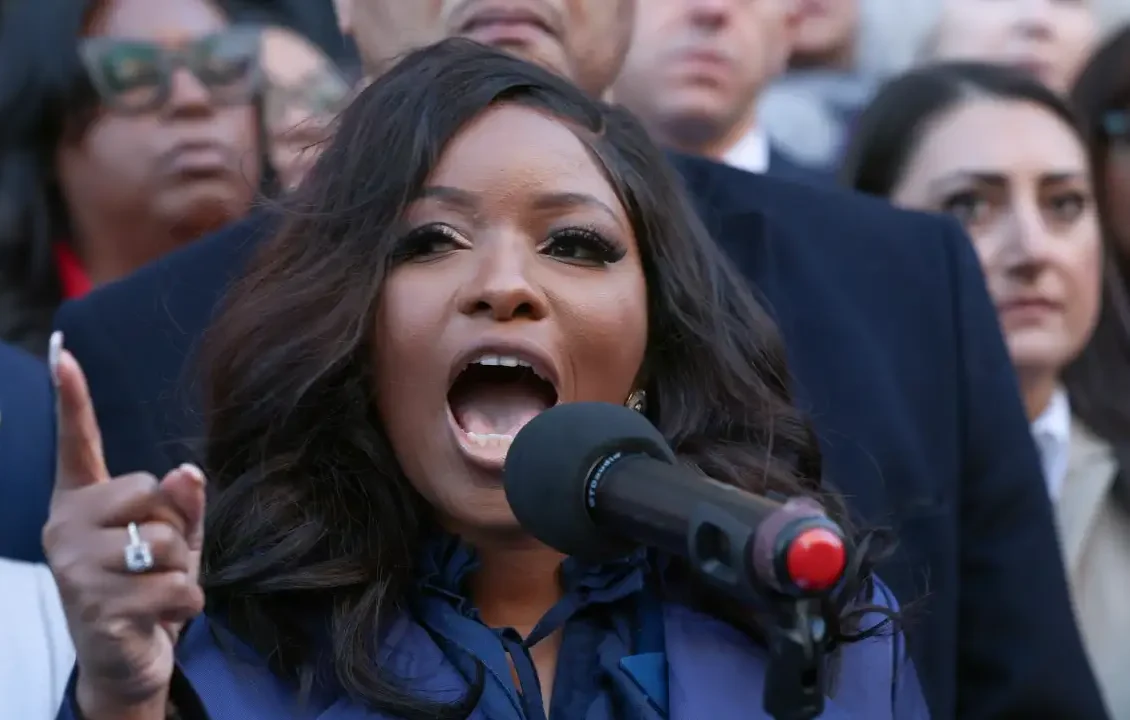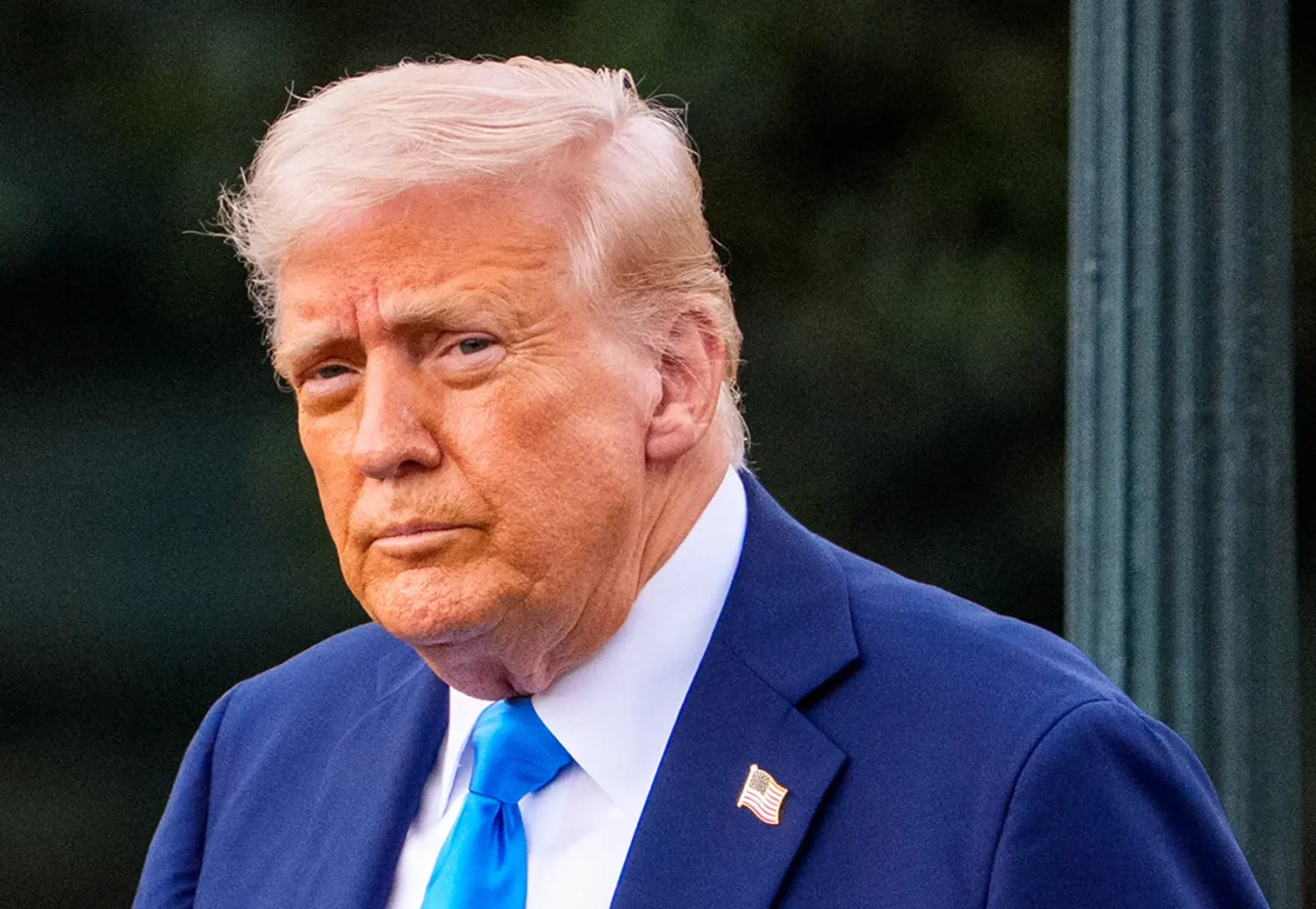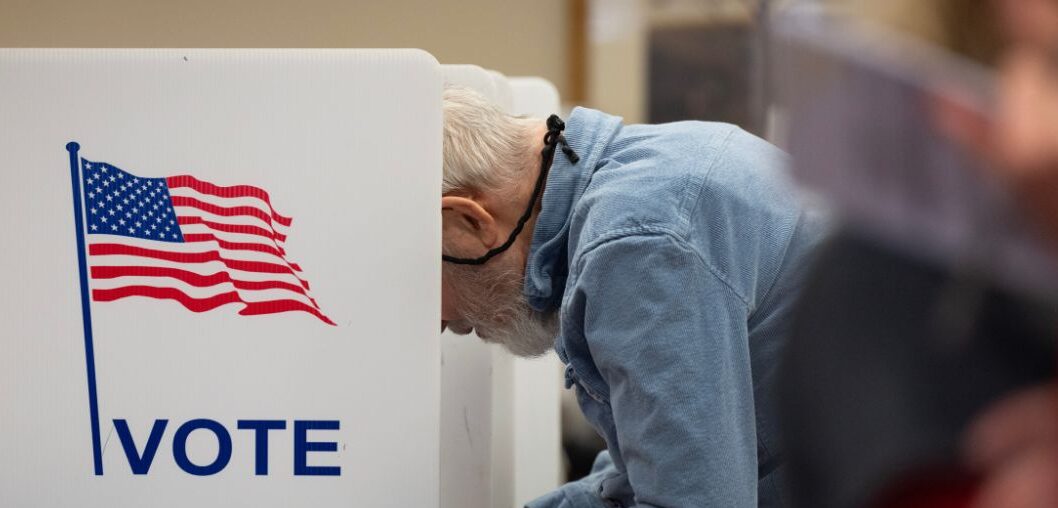The movement to abolish the Bureau of Alcohol, Tobacco, Firearms, and Explosives (ATF) is once again gaining traction with Rep. Eric Burlison (R-Mo.) stepping up to reintroduce the effort in January. Following in the footsteps of former Rep. Matt Gaetz’s “Abolish the ATF Act,” Burlison’s announcement taps into widespread frustration among gun-rights advocates over what they see as the agency’s overreach and abuse of power. However, much like Gaetz’s attempt, this latest push is likely to face steep obstacles.
The ATF has long been a lightning rod for criticism among Second Amendment supporters. From its controversial pistol brace rule to door-to-door visits to verify firearm purchases, the agency’s actions have increasingly drawn ire. Add to that reports of inspectors photographing Federal Firearms License (FFL) holders’ records with personal devices and the aggressive targeting of gun dealers for minor paperwork errors, and it’s no wonder many argue the agency is beyond reform.
For Burlison and his supporters, these actions epitomize what they view as federal overreach, with the ATF acting less as a regulatory body and more as a weaponized enforcer against law-abiding gun owners and dealers. Burlison’s assertion that the ATF has declared a “jihad” on gun dealers aligns with growing resentment among firearms enthusiasts, who see the agency as an adversary rather than a public servant.
While the idea of abolishing the ATF resonates strongly with gun-rights advocates, the political hurdles are immense. Republicans may control the House, Senate, and White House come January, but that doesn’t guarantee smooth sailing for this legislation.
Abolishing a federal law enforcement agency is a hard sell for the average voter, especially when crime remains a top concern. Opponents of the bill will frame it as a reckless move that weakens federal enforcement capabilities, regardless of how tenuous that argument may be. The average voter likely doesn’t track the ATF’s abuses and may perceive the agency’s elimination as a step toward chaos.
Not all Republicans are on board with abolishing the ATF. Some view reforming the agency as a more pragmatic approach and may balk at the optics of outright elimination. GOP lawmakers who ran on public safety may feel pressure to distance themselves from proposals that could be spun as soft on crime.
Even if the House passes the bill, Democrats in the Senate have the numbers to wield the filibuster. Republicans have relied on this procedural tool to block anti-gun legislation for years, but now they’ll experience the downside. Without 60 votes to overcome a filibuster, the bill is dead on arrival.
Efforts to abolish the ATF aren’t just about one agency—they’re emblematic of a larger philosophical debate over federal power and gun rights. Proponents argue that the ATF has outlived its usefulness and operates with too much autonomy, effectively bypassing Congress to create and enforce gun laws through rulemaking. Critics counter that eliminating the agency would leave a void in enforcing existing laws, potentially complicating efforts to crack down on illegal firearms trafficking.
For all the excitement Burlison’s bill generates among gun-rights supporters, the political landscape makes its passage unlikely. The ATF’s entrenchment as a federal agency, combined with public perception and Senate dynamics, ensures that even with Republican majorities, abolition will be an uphill battle.
Still, the effort serves a purpose: it keeps the ATF’s actions under the microscope and forces a national conversation about the agency’s role and accountability. Whether through abolition or reform, the push for change isn’t going away anytime soon.



